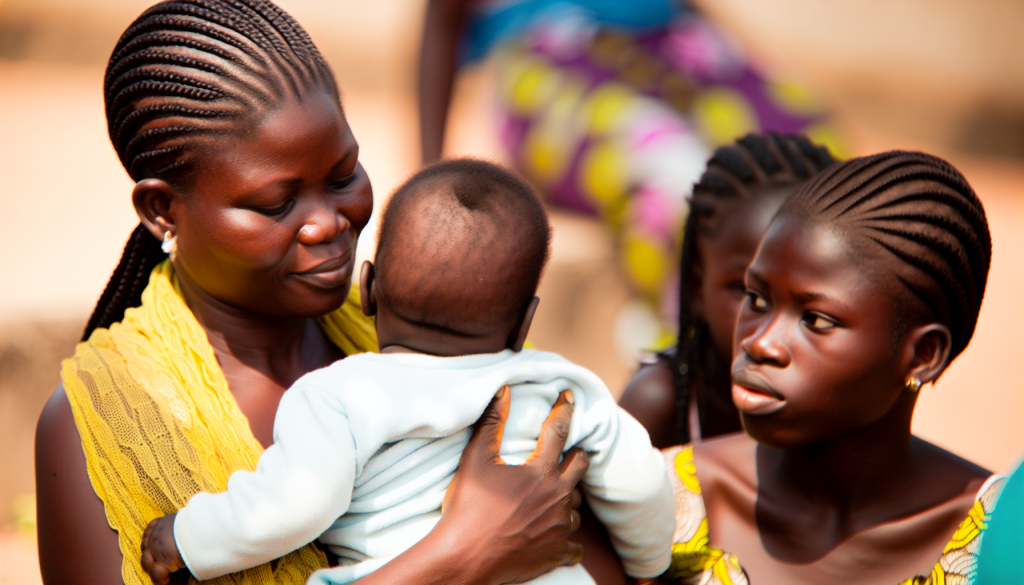New study reveals negative health impacts of corporal punishment on children

A recent report from the World Health Organization (WHO) shows that corporal punishment of children remains alarmingly frequent and poses serious risks to their health and overall development.
Globally, around 1.2 billion children between the ages of 0 and 18 experience physical punishment within their homes each year. Data collected from 58 countries indicates that 17% of these children are subjected to the harshest forms of punishment, such as being struck on the head, face, or ears, or being hit with significant force multiple times.
The frequency of corporal punishment at home differs significantly by country. Among children aged 2 to 14, caregiver reports from the past month show corporal punishment rates ranging from 30% in Kazakhstan and 32% in Ukraine, to 63% in Serbia, 64% in Sierra Leone, and 77% in Togo.
The issue is also widespread within educational settings. In regions including Africa and Central America, close to 70% of students experience corporal punishment during their time in school, compared to about 25% of students in the Western Pacific region.
"There is undeniable scientific proof that corporal punishment poses numerous threats to a child’s health," said Etienne Krug, Director of the WHO Department for Health Determinants, Promotion and Prevention. "It offers no positive outcomes for children’s behavior, growth, or well-being and does not benefit families or communities. We must end this damaging practice so children can thrive both in school and at home."
The report, titled "Corporal punishment of children: the public health impact," identifies specific groups of children who are more vulnerable to physical discipline. These include children with disabilities; those whose parents also experienced corporal punishment; and those raised by parents dealing with substance abuse, depression, or mental health issues. Larger social forces, such as poverty, racism, and discrimination, also heighten the risks of corporal punishment.
A review of information from 49 low- and middle-income countries indicates that children who suffer corporal punishment are, on average, 24% less likely to meet developmental milestones compared to their peers. The mental health consequences are equally severe, with affected children showing elevated risks of conditions such as anxiety, depression, emotional insecurity, and low self-worth. These psychological effects often follow individuals into adulthood, contributing to higher chances of substance use, mental health disorders, and suicidal behaviors.
There are broader implications for society as well. Children who are disciplined physically are more likely to develop aggressive tendencies, have difficulties learning, and, later in life, may engage in violent or criminal activity. This practice also supports a cultural normalization of violence, reinforcing destructive behavior patterns across generations.
